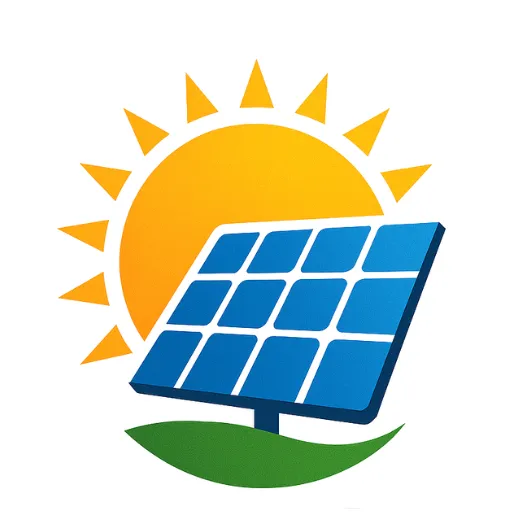As solar technology advances, homeowners and businesses now have more choices than ever. Among them, flexible and rigid solar panels have become popular options but which one is better for your needs? Let’s break down the pros and cons of each to help you make an informed decision.
What Are Rigid Solar Panels?
Rigid solar panels are the traditional panels you’ve likely seen on rooftops. They’re built with an aluminum frame and a tempered glass surface, making them highly durable and weather-resistant. These panels are heavy, sturdy, and best suited for permanent installations like homes, offices, and commercial buildings.
Pros of Rigid Panels:
- High Efficiency: They generally offer better energy conversion rates.
- Durability: Strong frames and tempered glass make them weatherproof and long-lasting.
- Wider Availability: Easier to find in the market with many size and wattage options.
Cons of Rigid Panels:
- Heavy & Bulky: Requires strong mounting surfaces and professional installation.
- Not Portable: Fixed installations mean less flexibility for temporary or mobile uses.
What Are Flexible Solar Panels?
Flexible solar panels, also known as thin-film panels, are lightweight and bendable. They’re made using materials like amorphous silicon or CIGS (Copper Indium Gallium Selenide). These are ideal for curved surfaces and portable applications like RVs, boats, tents, and off-grid camping setups.
Pros of Flexible Panels:
- Lightweight: Can be installed without heavy mounting gear.
- Versatile: Perfect for curved or uneven surfaces.
- Portable: Great for temporary setups and outdoor adventures.
Cons of Flexible Panels:
- Lower Efficiency: Typically generate less power than rigid panels.
- Shorter Lifespan: More prone to wear and tear over time.
- Cost Per Watt: May be more expensive for the power they produce.
Which Solar Panel Type Is Best for You?
Choose rigid solar panels if you want:
- Maximum power output
- Long-term durability
- A fixed installation (e.g., home rooftops)
Choose flexible solar panels if you need:
- Portability
- Easy installation on unconventional surfaces
- A lightweight and mobile power source
Final Thoughts
Both types of solar panels have their own place in today’s energy landscape. Your choice should depend on your specific usage, surface type, and budget. Whether you’re powering your home or charging on the go, solar energy now comes with more flexibility literally and figuratively.
Read More:
- On-Grid Solar System Vs. Off-Grid Solar System: Which One Is Right for You?
- Home Solar Energy Storage Systems: Reliable Support for Renewable Energies
- Recent PV Subsidy Policies and News You Need to Know
- A Deep Dive into LCOE (Levelized Cost of Energy) and Solar Energy
- Why Microcracks Are Killing Your Solar Panels – And How to Stop It

